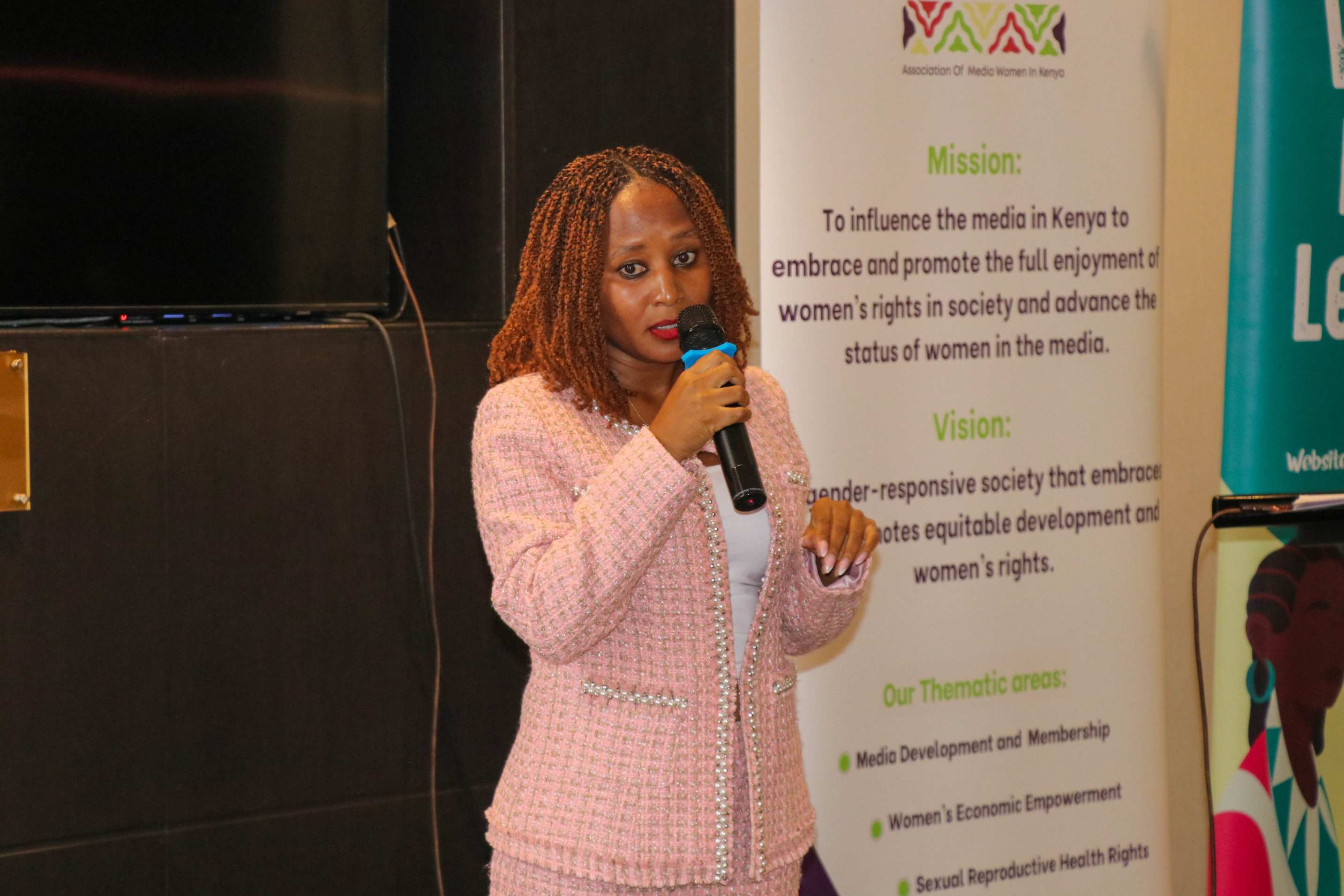A new Bill in Parliament could end the suffering of families who are unable to bury their loved ones because of unpaid hospital bills.
The Health (Amendment) Bill, No. 56 of 2024, sponsored by Kirinyaga Woman Representative Njeri Maina, seeks to criminalise the detention of dead bodies in hospitals when families genuinely cannot afford to clear medical bills.
The Bill, which has already passed its first reading, also proposes to make it illegal for public hospitals to demand upfront payment before providing emergency treatment.
Maina said the amendments are aimed at restoring dignity to poor families and ending a practice that causes unnecessary pain and humiliation.
“As the sponsor of the Bill, I am seeking to criminalise detention of dead bodies by hospitals due to non-payment of accrued medical bills in instances where the families are unable to pay,” she said.
Maina, who is also an advocate of the High Court, said she was moved to act after years of offering free legal services to families whose relatives’ bodies were held in morgues over bills they could not pay.
“There’s a difference between being unwilling to pay and being unable to pay. Some of these families live below one dollar a day. You cannot expect them to raise Sh3 million, even if they hold weekly harambees,” she said.
She recalled several heartbreaking cases, including that of a trained doctor who ended up working as a boda boda rider and later died in an accident. The family struggled for months to raise more than Sh2 million in hospital fees.
“I remember one case that broke me completely,” she said. “A young man, a trained medical doctor who couldn’t get a job, was working as a boda boda rider. He got into an accident and was admitted to a national referral hospital. The bill rose to over Sh2 million. The family tried everything; they held harambees, they sold property, but nothing worked. We fought that case in court for almost eight months.”
Maina said the emotional toll on the families is often unbearable.
“Every time we went to court, the mother would ask, ‘Tumefika wapi?’ (How far are we?) And I didn’t know what to tell her. We hadn’t secured orders. It reached a point where I would break down just seeing them. The young man was only a couple of years older than me,” she said.
She argued that holding onto bodies has no financial benefit for hospitals.
“Even if you detain a body for 10 or 20 years, what are you going to do with it? You still won’t recover the money. Hospitals are not detention facilities,” she said.
The legislator urged her colleagues to support the Bill, saying there are already legal ways to pursue unpaid debts and accusing some hospitals of taking advantage of the poor.
“If you have the money to loot, you have the money to protect the poor. Universal Health Coverage must not be lip service. It means walking the journey with everyone,” she said.
The second part of the proposed law targets another widespread problem—public hospitals demanding deposits before offering emergency care.
Maina condemned the practice, pointing to a well-known case where a child died at Kenyatta National Hospital after being denied treatment over a Sh20,000 deposit.
“To some people, Sh20,000 may seem little, but for many Kenyans living below the poverty line, it’s impossible to raise such an amount on short notice. That child died waiting for help in a public hospital,” she said.
If passed, the law would make it a criminal offence for public hospitals to require a deposit before providing emergency services.
“This Bill envisions that no Kenyan, especially those who lack private insurance, should be turned away in moments of life and death,” Maina said. “We, as leaders, enjoy private health cover funded by taxpayers. But we cannot then deny taxpayers the very services they fund.”
Although she initially wanted the law to apply to both public and private hospitals, she said legal and constitutional issues forced her to focus on public facilities. Still, she said Kenya is lagging behind countries like Uganda and the Philippines, which have passed similar laws.
“Imagine Uganda, despite all our democratic advancements compared to them, has already passed such a law. Why haven’t we?” she asked.
“Let us support this Bill. Let us give dignity to our people, even in death,” she said.
